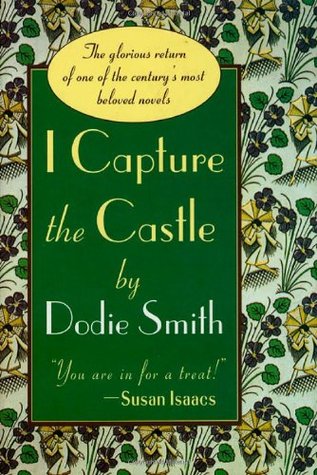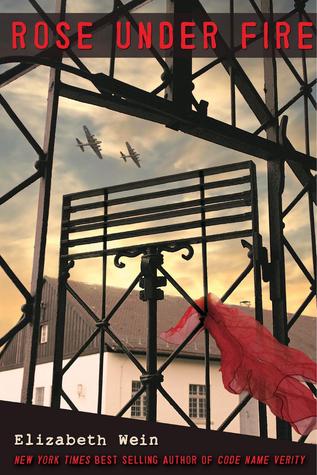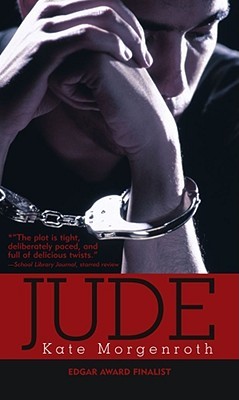The thing is, most writers know what they need to fix. But the problem isn't in the knowing. It's figuring out how to execute the things we have trouble with. For example, I've consistently struggled with character development, one of the basic corner stones of any story. The gist of my feedback usually goes along the lines of, "I don't really know this character..." or "I don't really care about this character..." or "I'm not sure what this character's motivation is..."
But I think my favorite was the most recent feedback I got from a writing instructor: "What will she sacrifice or learn about herself to meet her goals? Give the girl a STORY!"
And it's not like I hadn't thought about ways to enhance my protagonists. But even after that, I still had trouble translating them to the page.
Then it occurred to me. What if I used what I did well to help the things I didn't do as well? Used my better self to sort through my lesser self?
 |
| Like this, but much more convoluted. |
When I did this, I discovered the following:
My external worlds played directly into my protagonists' main motivations
Both my current works-in-progress deal with characters who feel trapped in their situations. And I realized--the settings I'd created for them had no literal windows. None.
It turned out my world-building self was trying to tell my character development self something. That these characters wanted windows. Wanted options. And I could use that to motivate their actions and move their stories forward.
My external worlds demanded that my characters take action
One reason my characters tend to fall flat is I put them in these rich worlds but don't let them do anything. It's almost like I'm afraid to give them freedom to move within the spaces I've created.
So today, when crafting a scene where my protagonist finally has to confront the antagonist, I had her speak up and be an active agent of change in her own story.
While it was harder to write because I was stretching myself to places that weren't as comfortable, it helped me get more into her head. I ended up writing a scene where she actually had to struggle (I'm also way too easy with my protagonists a lot of the time).
Instead of taking the usual advice I've heard about character development, I made it work for me by putting it in terms of world-building, something I knew inside and out.
And now, I pose the following to you all:
- First, consider which writing aspects you receive the most compliments on.
- Now, consider something you don't do as well.
- Consider how you think through the thing you do well. For example, if you're good at characters, how do you build them? If you're good at plotting, how do you develop it?
- Use this same thought process for the thing you don't do as well, and discover ways to perceive it in a newer light.
- Apply this to your writing.














